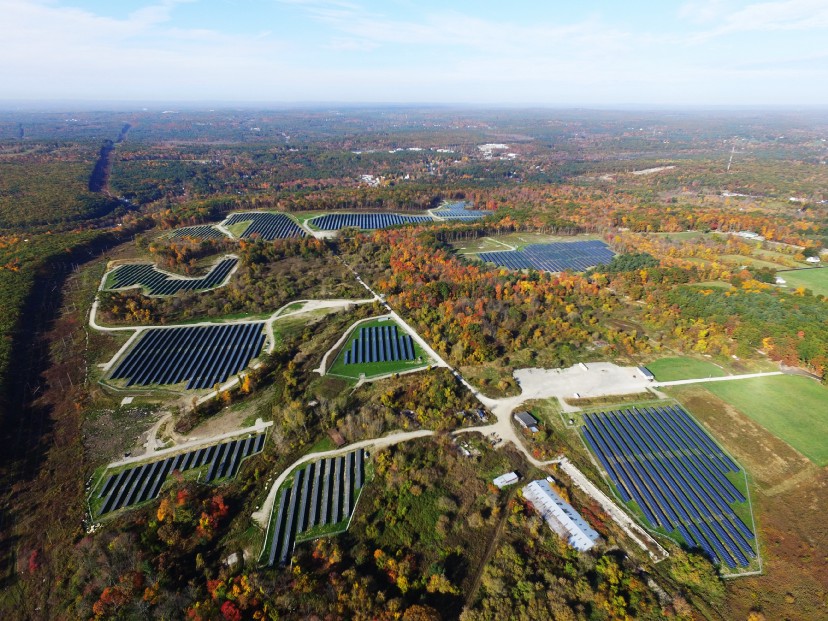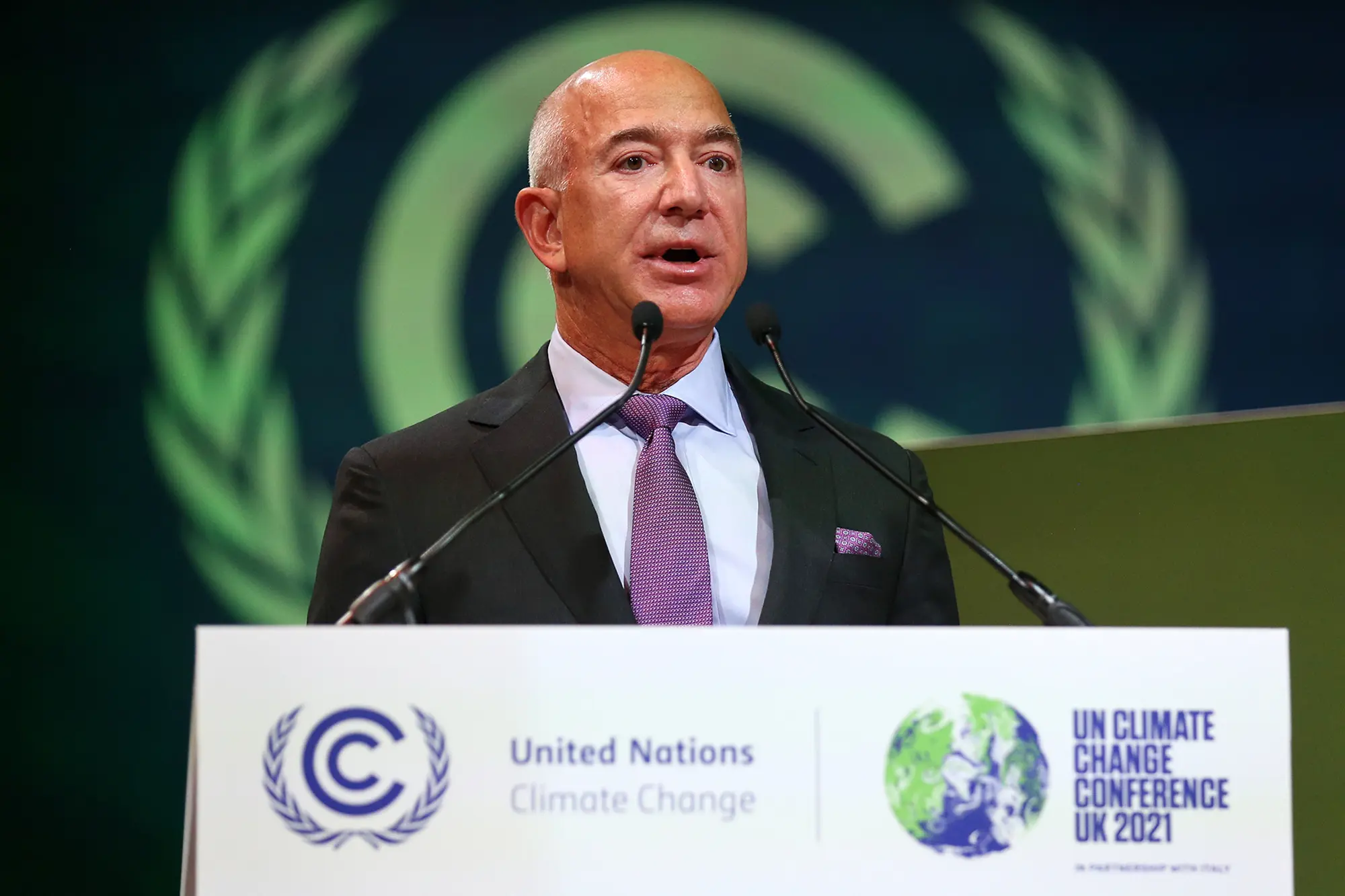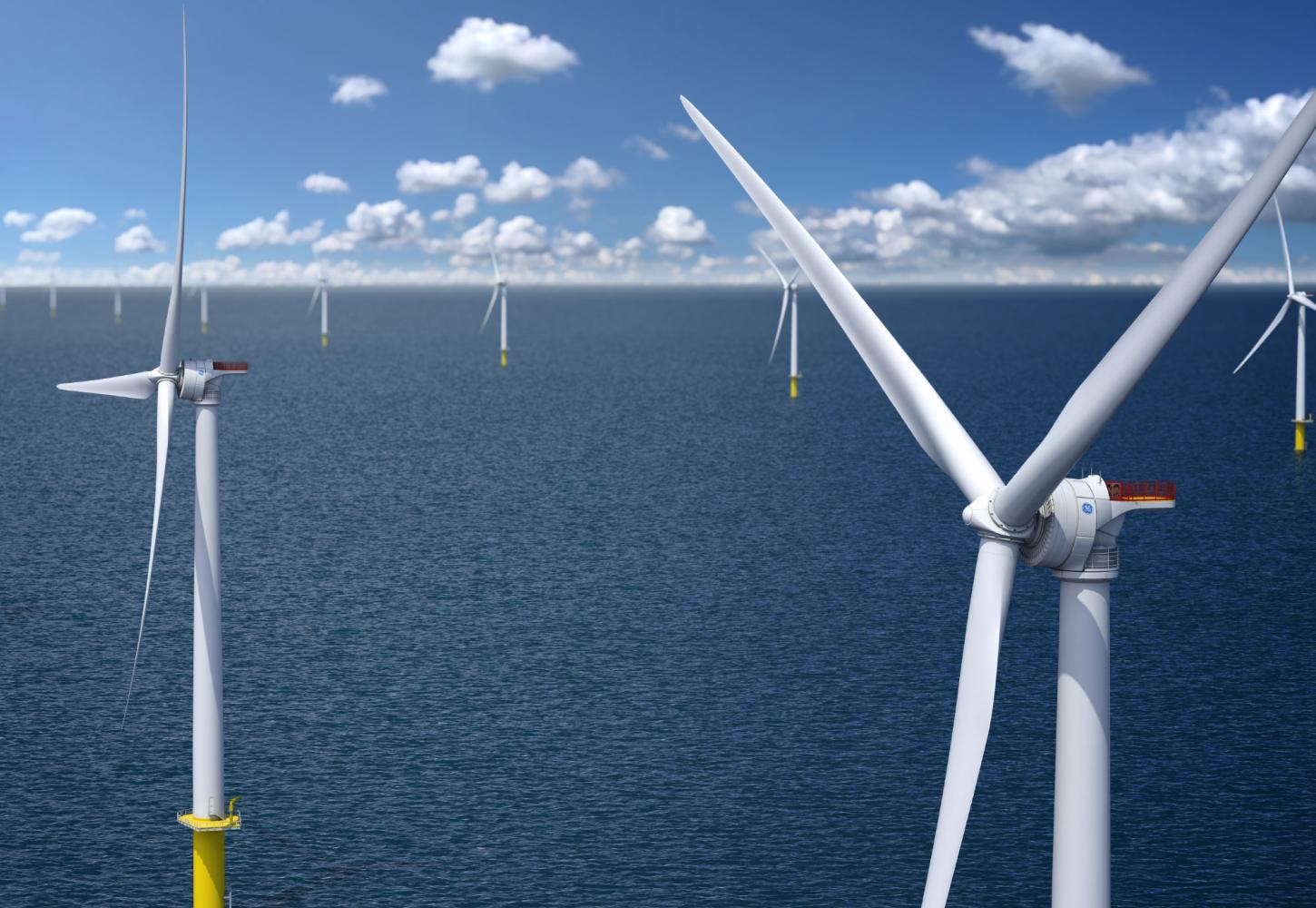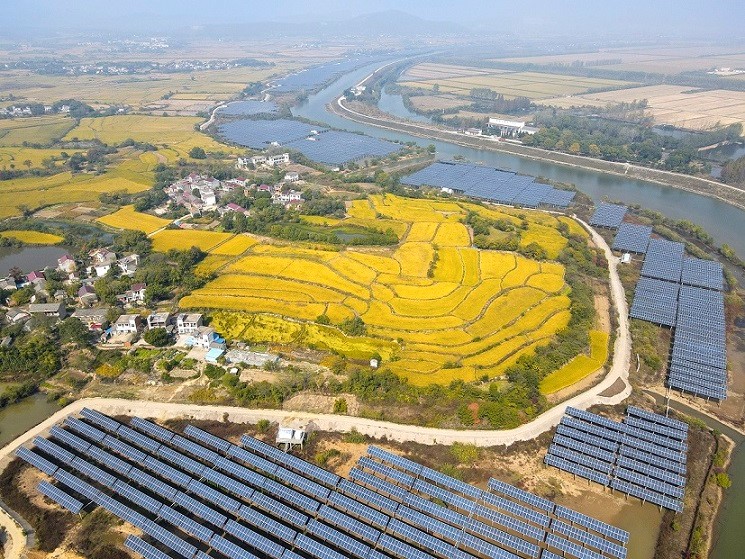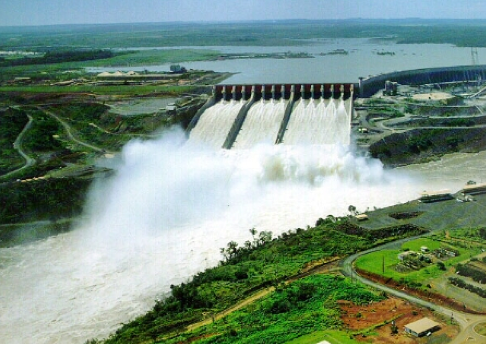Indonesia is the world’s fourth-most populous country and the most populous Muslim-majority country. The current population of Indonesia is 275,578,939 based on projections of the latest United Nations data.
Demand for energy is growing substantial As a part of Indonesia’s commitment in implementing the United Nations’ Sustainable Development Goals, there are many steps and strategies to be taken into account. One aspect that holds a critical role in realizing the vision is green financing.
Indonesia is a tropical country with year-round sunshine, the potential to generate about 600,000 Terrawatt-hours per year from solar energy. That’s equivalent to 2000 times current electricity production in 2022.
As stated by the UN Environment Programme, the purpose of green financing is to increase the level of financial flows (from banking, micro-credit, insurance, and investment) from the public, private and not-for-profit sectors to sustainable development priorities.
The further goal for green financing is to work with countries and financial sectors to direct capital allocation to sustainable developments that will impact production and consumption patterns in the future.
Abu Dhabi-based renewable energy developer Masdar and Indonesia’s state-owned power company PT PLN have reached financial close and started construction of a 145 MW floating solar project in Indonesia.
Green financing could be promoted through a country’s regulatory frameworks or by increasing investments in clean and green technologies. In Indonesia’s Long-Term National Development Plan (RPJPN), it is stated that the nation is committed to realizing a balanced and sustainable Indonesia by increasing the economic uses of natural resources and the environment sustainably. The nation is also committed to improve the management of natural resources and the environment to support quality of life.
In their report titled “The OECD Clean Energy Finance and Investment Policy Review of Indonesia”, the Organisation for Economic Co-Operation and Development (OECD) stated that Indonesia can lead the world in clean energy development by reforming mobilizing investments in renewable energy and energy efficiency. The aforementioned sectors are crucial in accelerating Indonesia’s transition into green energy while also supporting the nation’s recovery from the COVID-19 pandemic.
Indonesia is commitment to achieve the target of Carbon Neutral 2060, the State Electricity Company (PLN) will invest $500 billion to support green energy and commence decarbonization.
PLN has received a $500 million green loan through the World Bank’s Multilateral Investment Guarantee Agency (MIGA), the first green loan for state-owned enterprises. The fund is directed to develop renewable energy and environmentally-friendly energy infrastructures.
The United Nations Climate Change Conference (COP26) further opens Indonesia’s opportunity to be the world’s top green investment destination. The previously mentioned OECD report also stated that support for renewable energy investment (including several tax incentives) has increased in recent years, encouraging signs that the forthcoming Presidential Regulation on renewables will facilitate market growth.
With the Indonesian government’s renewable energy projects as well as developments in sectors like downstream industries, green financing is a suitable solution that is expected to support Indonesia’s progress towards a more sustainable future.
Discover more from Green Innovation News
Subscribe to get the latest posts sent to your email.

